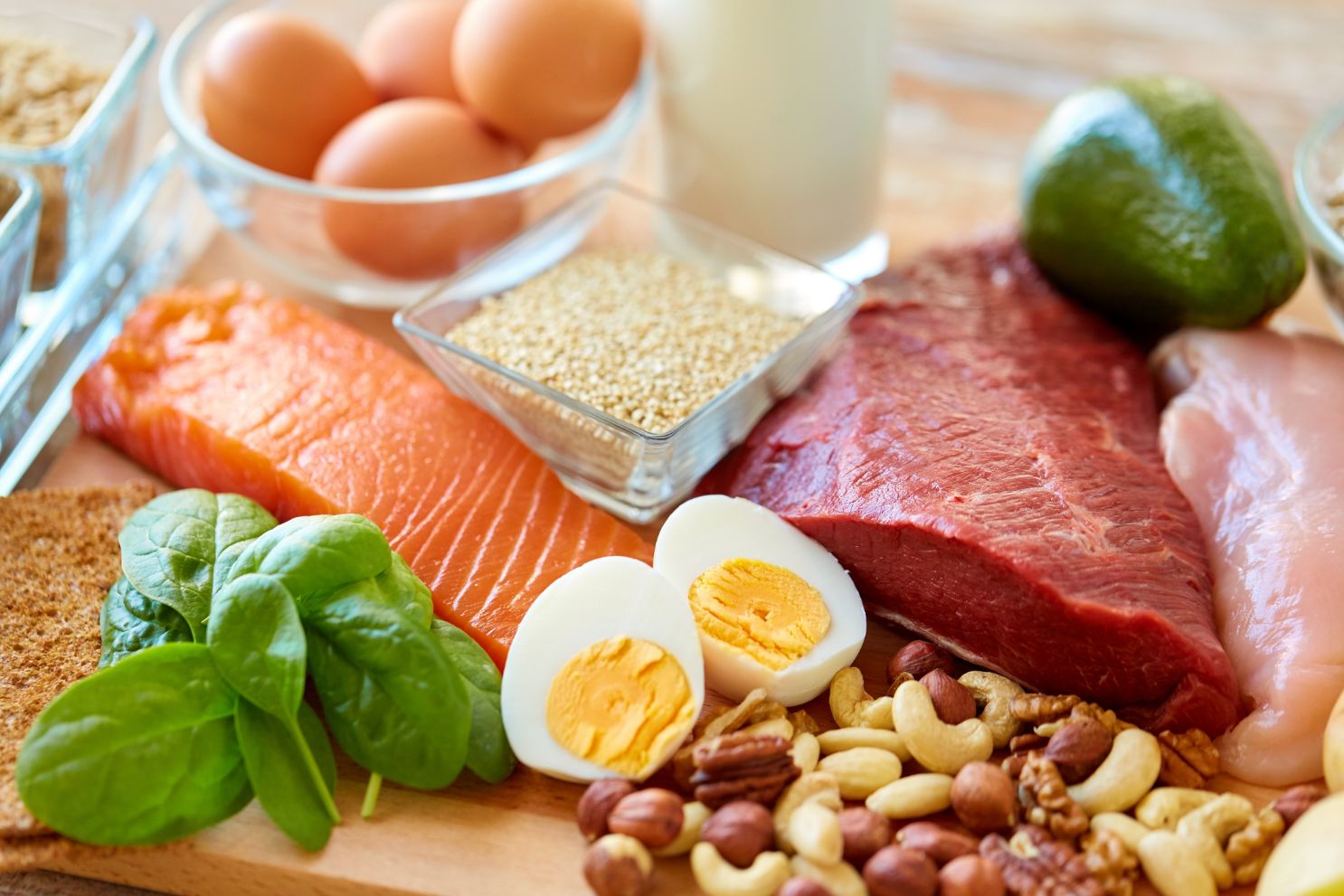Protein plays a vital role in supporting various bodily functions and maintaining overall health. It aids in metabolism, immune function, satiety, weight management, and muscle growth, as noted by dietitian Abbey Sharp. The U.S. Department of Agriculture (USDA) recommends that protein should make up 10% to 35% of daily calories, equating to about 200 to 700 calories in a 2,000-calorie diet.
Typically, adults are advised to consume between 0.8 and 1.2 grams of protein per kilogram of body weight, which can be calculated by dividing weight in pounds by 2.2. While individual needs vary, this range generally meets the daily requirements for most adults without the need for specific protein tracking.
Protein requirements can vary by lifestyle, age, and physical activity levels. For instance, older adults may need up to 1.8 grams per kilogram to counteract natural muscle loss with age. For the average person who is moderately active, a daily intake of 0.8 grams per kilogram is usually sufficient, and consuming enough calories in a balanced diet will generally ensure they meet or exceed their protein needs. Registered dietitian Federica Amati points out that as long as individuals maintain a well-rounded caloric intake, protein deficiencies are uncommon in balanced diets.

For those who are physically active, especially heavy exercisers or athletes, protein needs increase. Stella Volpe, president of the American College of Sports Medicine, emphasizes that protein needs vary based on workout frequency, intensity, and duration. Athletes and those engaged in endurance or strength training may require up to 1.5 grams of protein per kilogram of body weight. Newcomers to intense workouts may also need additional protein initially to support muscle repair and adaptation, though experienced athletes can often maintain slightly lower protein levels as they become accustomed to their routines.
However, Volpe advises that while protein is essential, carbohydrates play an equally crucial role, especially for muscle repair post-exercise. After intense physical activity, glycogen stores deplete, and replenishing them with carbohydrates, along with some protein, is vital for recovery. Foods like chocolate milk offer a balanced combination of carbs and protein, ideal for post-workout recovery. Carbohydrates, particularly complex carbs such as whole grains, should make up a significant portion of an athlete’s diet, sometimes as high as 60%, to maintain energy levels.
Protein is important, but balanced nutrition with a variety of macronutrients—protein, carbohydrates, and fats—is key. While protein can support muscle repair and immune health, excessive intake is generally unnecessary, as most Americans consume more than they need. Volpe recommends aiming for a balanced diet that meets calorie needs relative to activity levels. This holistic approach helps maintain weight, support energy levels, and promote long-term health, avoiding overemphasis on protein alone for optimal physical performance and general well-being.
